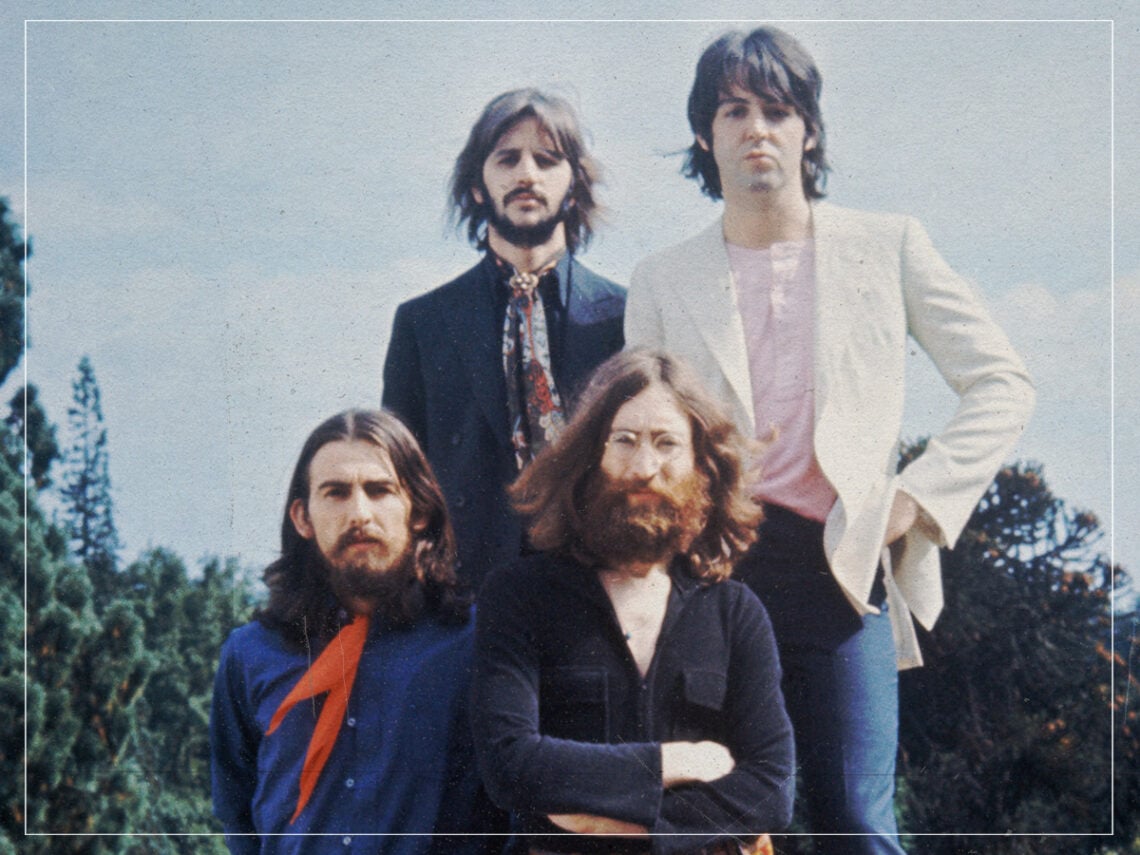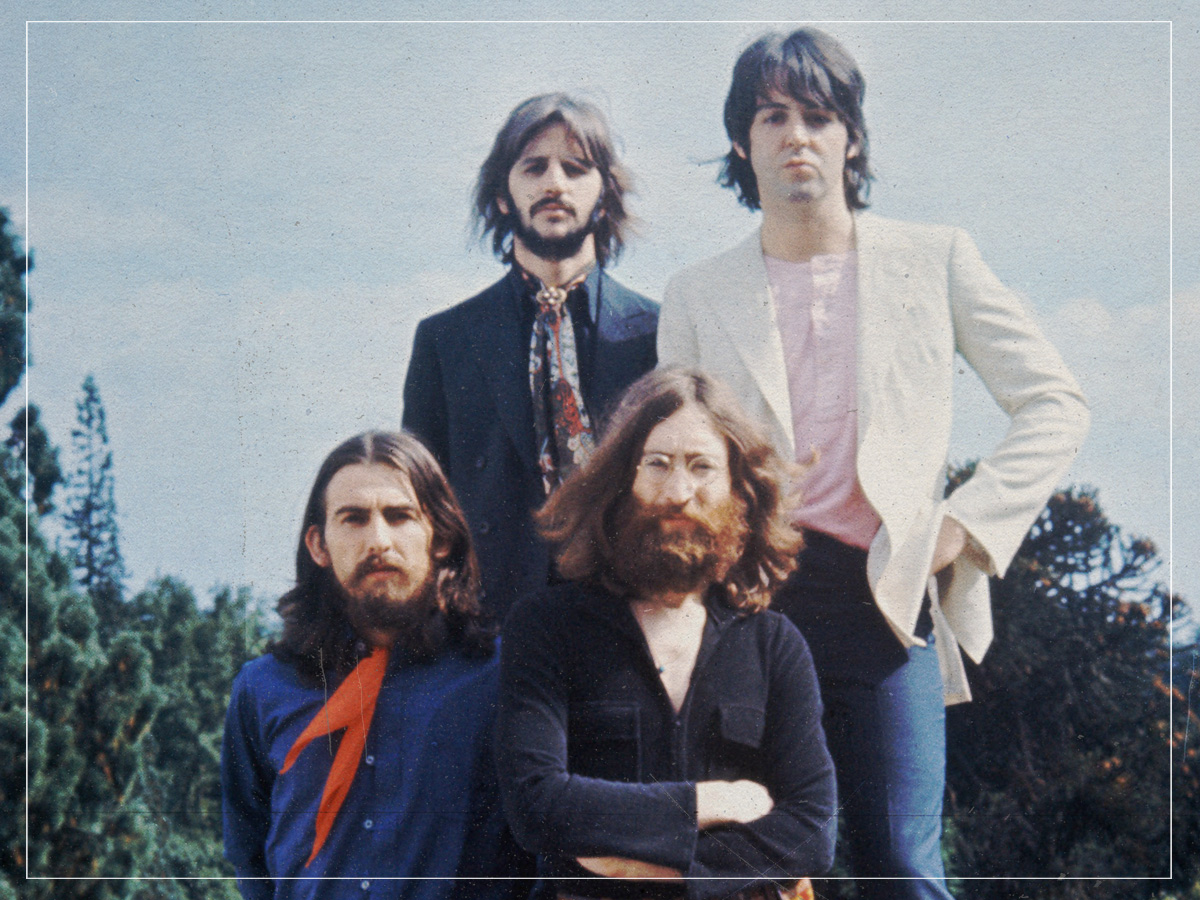
(Credits: Far Out / Apple Corps)
Tue 20 May 2025 17:00, UK
Since The Beatles enjoyed their breakout moment, they’ve been studied as an ultimate blueprint for success. When the Fab Four got their big break, they didn’t just make it. They did more than that, earning global fame on a level the world hadn’t really seen before but yet still manage to create a career that gave them room to grow and experiment as artists. In short, they had the dream career that so many yearn for, but there was one misstep the group regretted.
And that’s a sad fact. Given the power of their career and the immeasurable impact their music has had, all four members deserved to look back on it with unfaultering and flawless pride. They were a group that, even today, is met with awe. It feels like a miracle – how were they so prolific? How did they balance mainstream success with experimentation so successfully? How did they manage to keep levelling things up and up and up?
It’s a mystery where the only answer can simply be their own talent. The conclusion has to be that The Beatles were simply a perfect happening of the right people brought together by fate, growing up together into incredible musicians with shared inspiration and then launching a career off the back of that, where their passion drove them all the way. It was clear that the band were always dedicated to the music above all, and so with the music turning out so great, everything else fell in place.
But there were regrets, sadly. Or, really, there was one major regret that all four members seemed to share. While each had their own songs or albums that they perhaps didn’t like so much, it never really became as weighty as a ‘regret’; it was merely a blip. However, in the case of the band’s final album, and in the context in which it was made, Let It Be was a regret.
It was a wonder they even made it to start with. When the group got into the studio to write it, deciding to work very differently this time around and give themselves a strict deadline, things were already bad. The White Album in 1968 had shown major cracks in their personal relationships that were still only widening. So when thrown into an intensive period, they kept splintering, leading to the first walkouts and the realisation that this was, inevitably, the end.
“It was a disaster,” biographer Barry Miles wrote of this period, “Paul bossed George around; George was moody and resentful. John would not even go to the bathroom without Yoko at his side … The tension was palpable.”
It was these difficulties that the band themselves always heard on the album. Given how personal music is, the harsh context of the record would always be audible on these songs to the writers, pushed into the track like a stored memory, so it’s no surprise that they didn’t like it. “Everybody listened to it back and didn’t really like it, and we didn’t really want to put it out,” George Harrison once said.
They did like the songs, though, or they did until the final moments when the always largely disjointed album, full of old material, new tracks and covers, was handed to another producer. Phil Spector’s work on the album was the final straw for Paul McCartney, who quite literally made his moves to dissolve the band after hearing it. It wasn’t even just the band members who quickly regretted the record, partially due to this, as even their long-term producer, George Martin, said it was “uncharacteristic” of the band or, in harsher terms, their engineer Glyn Johns said Spector’s additions were “revolting … just puke”.
It was the album that truly ended it all, despite not being the one they recorded last, as the group were convinced to come back for Abbey Road. But right here, on this album, the end of the Beatles is locked in, meaning that none of the members could ever truly look back on the album with all that much fondness when it holds their fate.
Related Topics
Subscribe To The Far Out Newsletter
